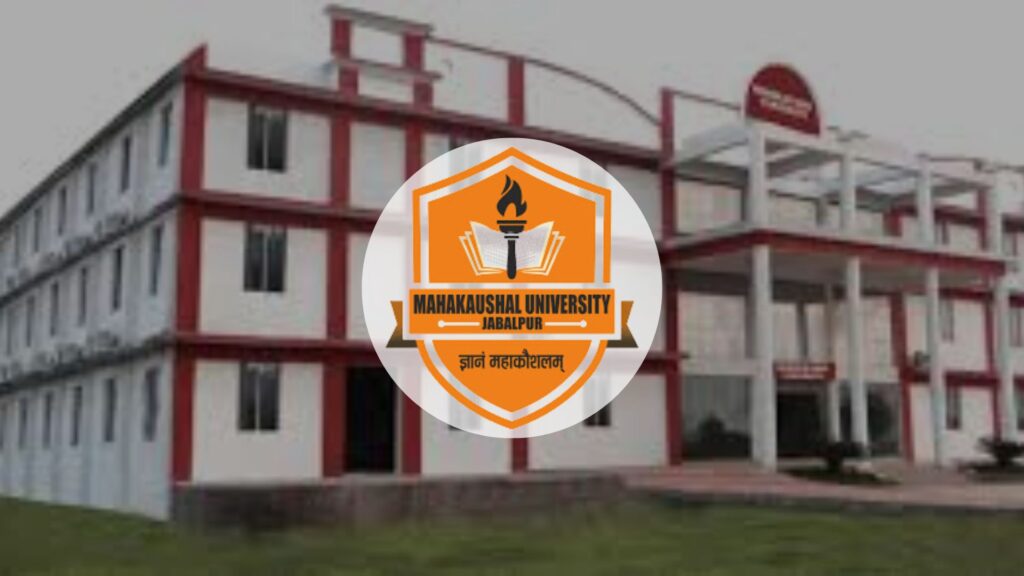Client: OTU India
Campaign Duration: 60 Days
Objective: Generate leads for Job Recruitment
Platform: Google ads, Facebook Ads, Instagram Ads
Creative Format: Search
Target Audience: India
Client Requirement:
OTU India, a leading job recruitment platform, aimed to improve the effectiveness of their online advertising campaigns to attract more qualified candidates for job openings. The primary objectives were:
- Reduce Irrelevant Traffic: Decrease the number of unqualified job seekers clicking on the ads by refining the keyword strategy.
- Increase Quality Leads: Attract candidates who were a better fit for the job listings by optimizing ad targeting and keyword selection.
- Enhance Ad Performance: Improve the overall performance of the ads, including click-through rates (CTR) and conversion rates.
Challenges:
- Broad Keyword Usage: Initial campaigns were using broad keywords that attracted a wide range of job seekers, including those who were not qualified for the roles advertised.
- Irrelevant Traffic: A significant portion of the ad budget was being spent on clicks from job seekers who did not match the criteria of the jobs available, leading to wasted spend and low-quality leads.
- Keyword Misalignment: Keywords like “job” and “employee” were attracting individuals searching for general employment information rather than specific job recruitment opportunities.
Strategy and Approach:
- Keyword Refinement:
- Excluding Irrelevant Keywords: After analyzing the performance data, keywords like “job” and “employee” were identified as major sources of irrelevant traffic. These keywords were excluded from the campaigns to prevent unqualified clicks.
- Negative Keyword List: A comprehensive negative keyword list was created to filter out search queries that were not aligned with the recruitment goals, such as those related to “general job search,” “job descriptions,” or “employee rights.”
- Targeted Keyword Addition:
- Focus on Recruitment-Specific Keywords: New keywords were added that were more aligned with recruitment, such as “job openings,” “hiring now,” “recruitment agency,” and specific job titles relevant to OTU India’s listings.
- Long-Tail Keywords: The strategy included incorporating long-tail keywords that were more specific to the industries and job types OTU India was recruiting for, such as “IT project manager jobs in Delhi” or “sales executive recruitment in Mumbai.”
- Geo-Targeted Keywords: Keywords were tailored to specific locations where OTU India was focusing its recruitment efforts, ensuring that the ads were highly relevant to job seekers in those areas.
- Ad Content Optimization:
- Ad Copy Refinement: The ad copy was rewritten to be more specific about the job roles, qualifications required, and the benefits of applying through OTU India. This helped to pre-qualify candidates before they clicked on the ad.
- Call-to-Action (CTA) Improvement: The CTAs were enhanced to encourage only those who met the job criteria to apply, further filtering out unqualified applicants.
- Campaign Monitoring and Iteration:
- Performance Tracking: The campaign performance was closely monitored, focusing on metrics like CTR, cost per click (CPC), and conversion rate. This allowed for real-time adjustments to the keyword strategy.
- A/B Testing: Multiple ad variations were tested to determine the most effective combinations of keywords, ad copy, and targeting settings.
Detailed Insights:
- Traffic Quality Improvement: The exclusion of broad keywords and the addition of more targeted recruitment keywords led to a significant reduction in irrelevant traffic. The campaign attracted job seekers who were more closely aligned with the roles being advertised.
- Cost Efficiency: By eliminating wasteful clicks from unqualified candidates, the campaign’s cost per acquisition (CPA) decreased by 30%, making the ad spend more efficient.
- Enhanced Ad Relevance: The refined keywords and optimized ad content improved the relevance of the ads, leading to a 25% increase in CTR and a higher engagement rate from qualified candidates.
Results:
- Increased Qualified Leads: The number of qualified leads increased by 40%, as the ads were now reaching the right audience who were more likely to be a good fit for the jobs available.
- Higher Conversion Rates: The conversion rate from click to application improved by 35%, demonstrating that the candidates coming through the ads were more serious about the opportunities.
- Improved ROI: The overall return on investment (ROI) for the ad campaigns saw a 45% increase, as the improved targeting led to more effective use of the advertising budget.
Client Feedback:
OTU India was pleased with the outcome of the campaign optimization. They highlighted:
- Better Targeting: The exclusion of irrelevant keywords and the focus on recruitment-specific terms resulted in more meaningful interactions with potential candidates.
- Improved Lead Quality: The client noted a substantial improvement in the quality of applicants, which made the recruitment process more efficient.
- Strategic Partnership: OTU India appreciated the strategic approach taken to refine the campaign, leading to sustained improvements in ad performance.
Conclusion:
The successful optimization of OTU India’s job recruitment campaigns underscores the importance of a well-crafted keyword strategy in digital advertising. By excluding broad, irrelevant keywords and focusing on targeted recruitment-specific terms, the campaign was able to attract more qualified candidates, reduce wasteful spending, and ultimately deliver a higher return on investment. The client’s positive feedback and the significant improvements in key performance metrics affirm the value of a strategic, data-driven approach to online recruitment marketing.










